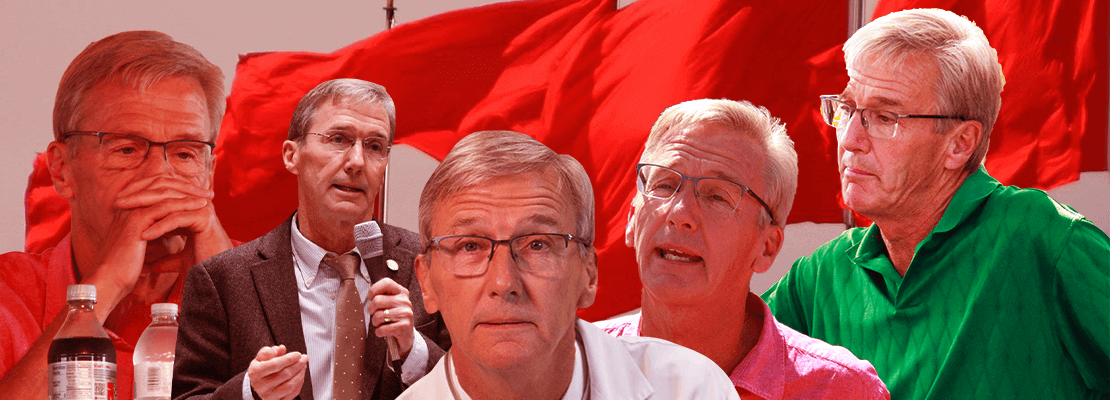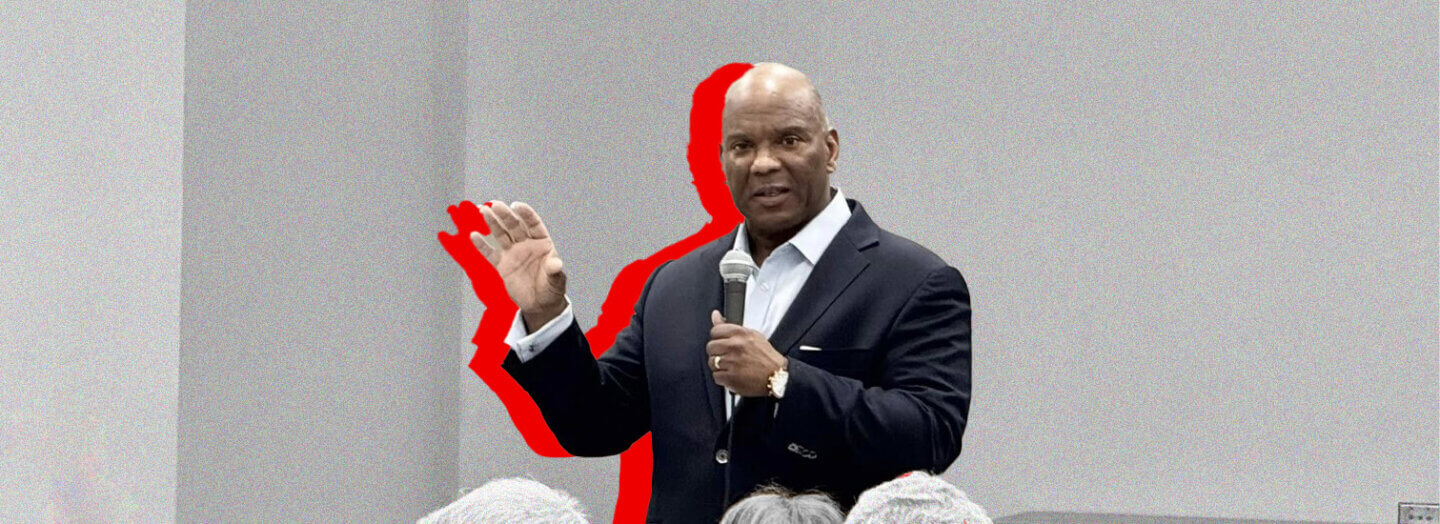Why Millennials Need To Vote In 2014: Part One.
BY:
This is part one of a two-part series on why millennials need to vote in 2014. This part focuses on equality. Part two focuses on student loan debt.
There has been much media coverage on those currently aged 18-33, or the group commonly referred to as millennials, lately. Between revealing their hopes for the future and how they feel about climate change, one unsettling fact has emerged about millennials: collectively, they don’t see much point in voting during the 2014 elections.
Research from Harvard University’s Institute of Politics found that only 23 percent of millennials definitively plan to vote in this year’s elections. In a piece for PolicyMic, its co-founder and editor-in-chief Jake Horowitz said that young people don’t want to vote because they’re fed up with the current system of government. Horowitz wrote:
If you go out on the street and ask 100 young people why they’re not planning to vote this year, you’ll probably hear a variation on these three answers: “They’re ineffective,” “the system is rigged,” or “we’re ignored.”
The problem with low turnout of millennial voters is that their frustration with the current system will go unheard, and the situation will continue to worsen. So, just what is it that’s gotten millennials so fed up about our government now? According to new research from Harstad Strategic Research, Inc., millennials overall tend to be concerned about two key issues: equality and student loan debt.
Millennials have been called the most progressive generation in history. Luckily in Minnesota, our progressive leaders care about the same issues that many young people do. That’s why we figured it’s crucial to highlight how well the interests of millennials match the priorities of our progressive leaders–and how poorly conservative lawmakers understand the needs of the future.
Equality
With women’s economic security on track for improvement and same-sex marriage legalized in 19 states (including Minnesota since 2013!), it’s clear that Minnesota is at the forefront on the fight for equality for all. Thankfully, that’s the mindset many millennials are headed in as well: over a quarter of millennials said that equality is one of the most important challenges we face as a country.
 Researchers who specialize in studying the millennial generation say that one of the overarching attitudes commonly found within the group is the belief that there are inherently no male or female gender roles within society–a historically unprecedented paradigm. This means great progress is to come, as the generation is likely to embrace paid paternity and maternity leave, women will likely refuse to accept any restrictions based on their gender in the workplace, and occupations such as nursing or construction will no longer have gender roles associated with them.
Researchers who specialize in studying the millennial generation say that one of the overarching attitudes commonly found within the group is the belief that there are inherently no male or female gender roles within society–a historically unprecedented paradigm. This means great progress is to come, as the generation is likely to embrace paid paternity and maternity leave, women will likely refuse to accept any restrictions based on their gender in the workplace, and occupations such as nursing or construction will no longer have gender roles associated with them.
Senator Al Franken has been a leader on gender equality as well: he’s expressed need for closing the gender-wage gap, he’s made sure women in Minnesota have access to a complete range of health resources and choices, and he even broke down in tears while giving a speech about violence against women. Sen. Franken’s dedication to equality for women is easily apparent through his actions as Senator.
 However, his Republican opponent, Mike McFadden, doesn’t appear to have the same focus. McFadden refused to answer “yes or no” to whether he would have voted with fellow Republicans to block the Pay Equity Act, and actually referred to the Act as an “election-year trick,” as if ensuring women make the same amount as men is some political ploy, rather than a genuine concern.
However, his Republican opponent, Mike McFadden, doesn’t appear to have the same focus. McFadden refused to answer “yes or no” to whether he would have voted with fellow Republicans to block the Pay Equity Act, and actually referred to the Act as an “election-year trick,” as if ensuring women make the same amount as men is some political ploy, rather than a genuine concern.
McFadden’s poorly aligned priorities don’t stop there: he also belittled Minnesota’s legalization of same-sex marriage when he said he was “fine” with the historic event, but that “it’s time to move on.” If elected, it’s clear that McFadden will have little time to continue the amazing progress that’s been made in our state to better the lives of those who remain inequal.
Click here to read part one of “Why Millennials Need To Vote In 2014”
JOIN US.
contribute to the conversation


